Abandoned vehicle disposal costly to county in West Hawaii
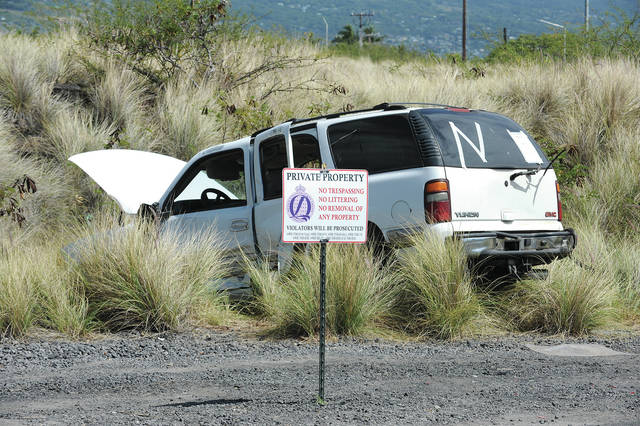
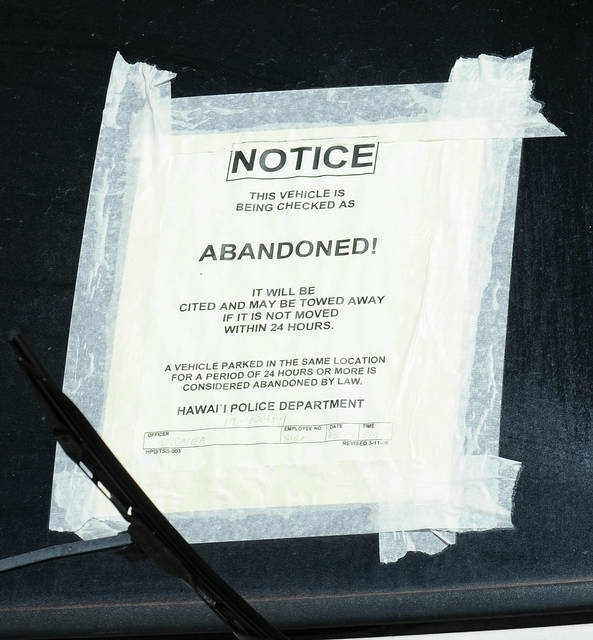
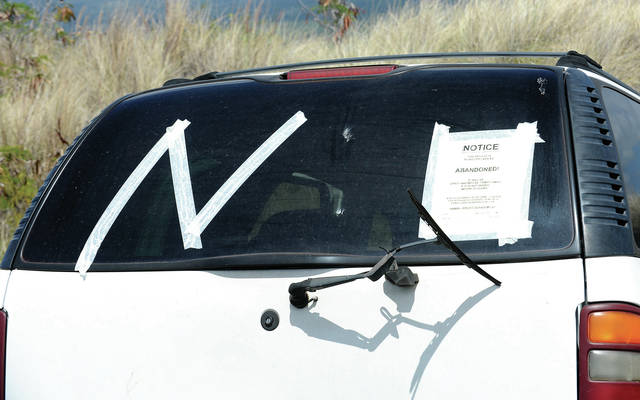
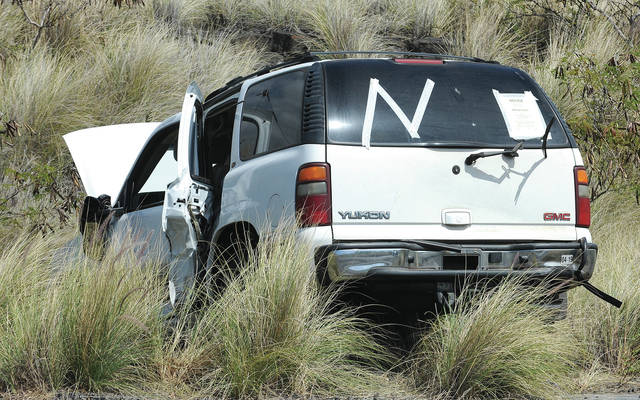
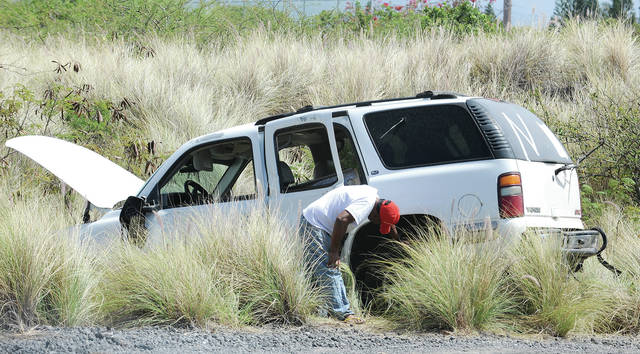
KAILUA-KONA Abandoned vehicles are more than eyesores, traffic hazards and general nuisances to the county and the taxpayer. Theyre also big business.
KAILUA-KONA — Abandoned vehicles are more than eyesores, traffic hazards and general nuisances to the county and the taxpayer. They’re also big business.
Hawaii County allocates $600,000 annually for disposal of AVs. Monies for the Derelict/Abandoned Vehicle Section come through the Vehicle Disposal Fund, supplemented by $12 from every vehicle registration fee in the county. Another $300,000 is earmarked for towing costs in fiscal year 2018-19, up $100,000 from the year before.
Last fiscal year, the disposal allocation fell short of covering total costs, fees running over the $600,000 budget by nearly $20,000, according to numbers provided by the Department of Environmental Management (DEM).
Part of the issue is the sheer number of AVs that DEM must manage, more than 12,000 towed since 2012 and 969 disposed of in FY 17-18, according to numbers provided by Director Bill Kucharski. DEM towed 1,028 AVs that year.
The other half of the equation is disposal costs, which the county bids out to contractors in West Hawaii and East Hawaii, respectively.
In East Hawaii, two bidders vied for the AV disposal contract, the winning bid belonging to HMP, Inc., dba Business Services Hawaii at $297 per AV. Only one bidder submitted in West Hawaii, Big Island Scrap Metal, at a price of $675 per vehicle. Neither price includes the cost of towing, which is handled via separate contracts with towing contractors.
“I do not believe the county is getting the best price (in West Hawaii),” Kucharski said of the disposal contract.
Numbers beyond the cheaper East Hawaii rate support Kucharski’s belief. Big Island Scrap Metal currently charges a disposal fee of a nickel per pound plus $6 per tire to customers coming in off the street. That would equate to a disposal cost for a 4,000-pound vehicle with four tires of $224. The price would jump to $324 for a 6,000-pound vehicle with four tires.
Most disposals, from compact cars and sedans to several light duty pickup trucks and sports utility vehicles, weigh in at 6,000 pounds or less.
However, county contractors agree to accept all vehicles when submitting bids. Some light duty trucks tip the scales much higher than 6,000 pounds, and according to www.cjponyparts.com, medium duty trucks like a Ford F-350 can range up to 14,000 pounds. Such a vehicle with four tires would cost $724 were it brought in off the street.
The manager at Big Island Scrap Metal said beyond protecting against the disposal of large vehicles, the cost per AV the company charges the county factors in the time and effort it takes to clean the AVs out — a responsibility DEM leaves to the contractor.
“You can’t imagine what’s in these abandoned vehicles. It’s crazy,” he said. “It’s not an easy business. So it’s got to be worth our while. People are living inside and there’s all kind of crap in there.”
He added sometimes employees find extra tires, which also drives up costs on the company’s end.
West Hawaii sees more AVs than East Hawaii, accounting for 605 of the 969 AV disposal fees DEM paid out in FY 17-18.
Despite multiple attempts, neither the manager or the owner of HMP, Inc., dba Business Services Hawaii could be reached for comment to explain how the company could afford to offer the county a rate less than half of what Big Island Scrap Metal charges, or if total AV load, the accompanying cleaning work or any other factors played a role in its pricing beyond having to bid against a competitor for the contract.
Kucharski said contract periods typically span one year with four option years the county may or may not choose to exercise.
“If we feel that we have a fair price, we will usually exercise the option year(s),” he said. “If we feel that the prices are high, we will elect to rebid the contract.”
Rebidding the contract in West Hawaii isn’t likely to make any difference, however, as long as no bid competition exists to drive down prices.
In an effort to limit roadside AVs, DEM announced last week a short-term program during which it will pick up the disposal fees for applicants with a vehicle to discard. Participants are still required to cover their own cost of towing own, the same as if they disposed of their vehicles without county aid.
The program is slated to last through April 30.


